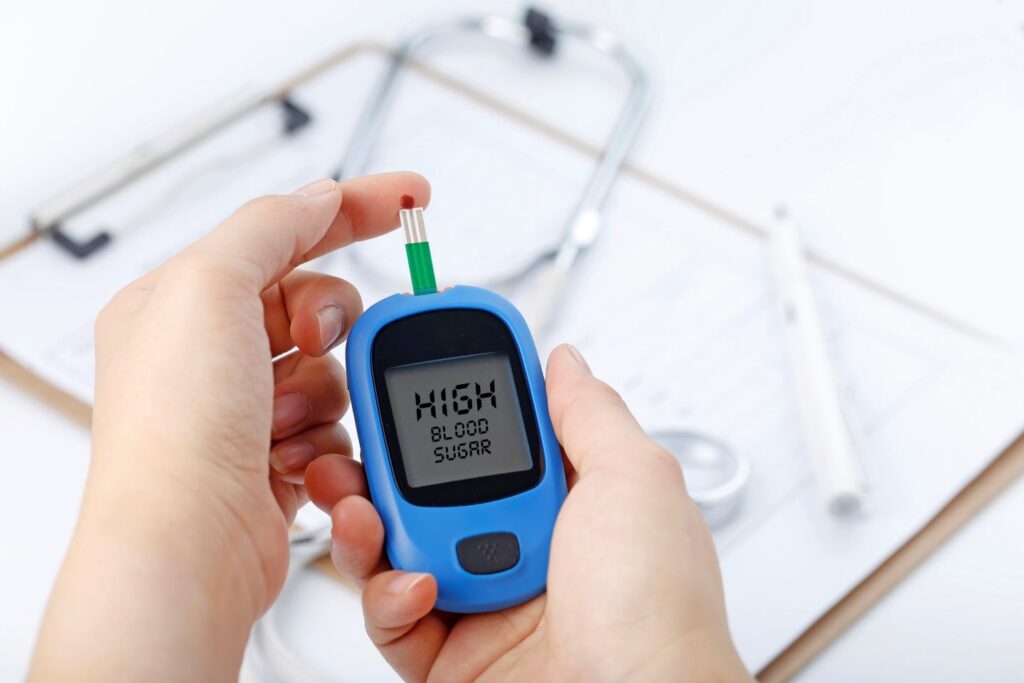Can Diabetics Donate Plasma? Guidelines You Must Acknowledge

Plasma donation is a crucial act of generosity that helps save lives and contributes to medical research. It involves donating the liquid portion of the blood, which contains vital proteins and antibodies. The question often arises can diabetics donate plasma? Or the eligibility for people with diabetes to donate plasma.
Eligibility for Plasma Donation
The general rules for plasma donation stipulate that:
- donors must be in good health
- at least 18 years old
- weigh more than 110 pounds
Additionally, donors must pass a medical examination and a detailed medical history review. However, regulations vary by country and between different donation centers, so it’s important to check specific requirements.
Diabetes and Plasma Donation
The question arises: can you donate plasma if you have diabetes? According to the cutoff in 2023, there is no universal rule barring people with diabetes from donating plasma. The key factor is the individual’s overall health status, not the fact that they have diabetes. People with well-managed diabetes who are otherwise healthy may be able to donate plasma. About can diabetics donate plasma with type 1 and type 2 diabetes:
Type 1 Diabetes
Individuals with Type 1 diabetes who have their condition well-managed and are not experiencing any complications related to their diabetes are typically eligible to donate plasma. However, they must meet all the other general health requirements for donation.
Type 2 Diabetes
Similarly, people with Type 2 diabetes who have their condition under control and do not have complications can often donate plasma. If they are taking medication for their diabetes, this should not interfere with their ability to donate, although this is something to discuss with the healthcare and wellness professional at the donation center.

Can a Diabetic Donate Plasma?
While people with diabetes can donate plasma, there are a few essential considerations to remember.
Blood Sugar Control
Maintaining proper blood sugar levels is vital for diabetic people. The stress and potential anxiety of donating plasma can cause blood sugar levels to fluctuate, so monitoring and managing blood sugar levels carefully before and after donation is essential.
Hydration and Nutrition
Plasma donation can lead to dehydration, impacting blood sugar levels. Therefore, diabetic donors must stay well-hydrated before and after the donation. Also, eating a balanced meal before the donation is advised to help stabilize blood sugar levels.
Use of Bovine Insulin and Plasma Donation
As of my last update in 2023, the usage of bovine insulin may impact a person’s ability to donate plasma. This limitation is due to the potential risk of diseases transmitted from cows to humans, such as Bovine Spongiform Encephalopathy (BSE), sometimes called “mad cow disease.”
Plasma donation centers in many countries, including those in the United States and the United Kingdom, often defer individuals treated with bovine insulin from donating plasma. The specific regulations may vary depending on the guidelines set by each country’s health department or other governing bodies.
Therefore, individuals using bovine insulin should check with the specific plasma donation center to understand their donation eligibility.
Conclusion for Can Diabetics Donate Plasma
Can diabetics donate plasma? While people with diabetes can donate plasma, individual health status and overall well-being are the key determining factors. It’s always best for potential donors with diabetes to consult their healthcare provider before donating plasma. Donors should also be prepared to discuss their medical history and current health status in detail with the staff at the plasma donation center.
Frequently asked questions
Why can diabetics donate plasma?
People with diabetes can donate plasma because diabetes is not a bloodborne disease and cannot be transmitted through plasma. If their diabetes is well-managed and generally healthy, their plasma is of good quality for donation. The insulin level in their blood does not impact the plasma donation or the recipient.
Do they test for diabetes when donating plasma?
While plasma donation centers perform various tests to ensure donor health and plasma safety, they typically do not specifically test for diabetes. The focus is generally on infectious diseases transmitted through blood or plasma.
Can you donate plasma with diabetes?
Yes, people with diabetes can typically donate plasma if their condition is well-managed and they meet other health requirements. However, guidelines vary, so checking with the specific donation center is best.
Does diabetes affect plasma donation?
Diabetes does not necessarily disqualify a person from donating plasma, but poor control over diabetes or complications related to the condition could affect an individual’s eligibility for plasma donation.
Does blood type matter for plasma?
Blood type matters for plasma donation as certain types are more compatible with others. For example, AB-type plasma can be given to patients of all blood types, making AB plasma donors particularly in demand.






